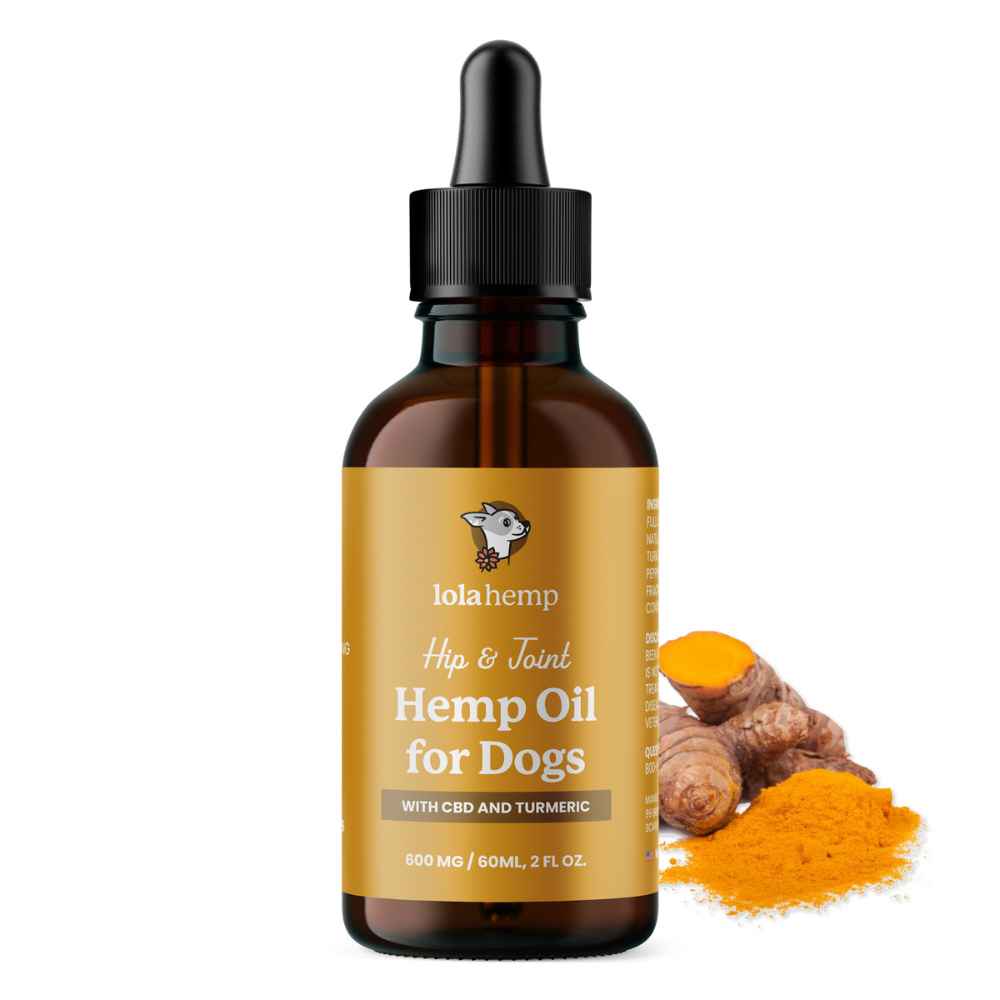Black pepper extract is more than a seasoning—it’s a key ingredient in many supplements designed to support canine health. Known for enhancing the absorption of turmeric, black pepper extract can unlock greater benefits when used in the right amounts.
In this article, we’ll explore how black pepper extract is used in dog-friendly formulations, its safety, and what to know if your dog consumes black pepper directly.
Is Black Pepper Extract Safe for Dogs?
In controlled amounts, black pepper extract is safe for dogs, particularly when included in products designed for canine consumption. Its primary purpose in such formulations is to activate other ingredients rather than to provide direct benefits.
Piperine's ability to enhance absorption is especially useful in joint-support supplements, allowing dogs to gain the full benefits of ingredients like turmeric.
It is important to ensure that products containing black pepper extract are specifically formulated for dogs, as excessive amounts may cause gastrointestinal upset or irritation. Always follow the recommended dosage guidelines provided by your veterinarian or the product manufacturer.
Can Dogs Eat Black Pepper?
Black pepper, when consumed in small quantities, is generally not harmful to dogs. However, larger amounts can irritate a dog’s digestive tract, leading to symptoms such as vomiting, diarrhea, or stomach discomfort. Dogs have more sensitive systems than humans, so it’s best to avoid giving them black pepper directly or allowing them access to spiced foods.
If your dog accidentally consumes black pepper in significant quantities, monitor them for signs of discomfort and consult your veterinarian if symptoms persist or worsen.
If a dog eats a large amount of black pepper, it could lead to some discomfort, such as:
- Gastrointestinal irritation: This can cause symptoms like vomiting, diarrhea, or an upset stomach.
- Excessive salivation: The spiciness of black pepper might make a dog drool more than usual.
- Sneezing or coughing: Inhaling the pepper, whether from sniffing or eating it, can cause irritation to a dog’s respiratory system.
While small amounts of black pepper typically won’t harm your dog, it's best to avoid intentionally feeding it to them. If your dog consumes a significant amount of black pepper or shows signs of distress, it’s a good idea to contact your vet.
Why is Black Pepper Extract Used for Dogs?
Black pepper extract, specifically its active compound piperine, is often used in formulations to enhance the absorption of other beneficial ingredients. For dogs, it is commonly combined with turmeric to boost the bioavailability of curcumin, turmeric's active component, making it more effective for reducing inflammation and supporting joint health.
Lolahemp's Hip & Joint Oil is formulated with CBD, turmeric, and black pepper extract, ensuring optimal synergy between the ingredients. When used in dog-appropriate amounts, black pepper extract is generally considered safe and can significantly enhance the therapeutic benefits of turmeric.
Conclusion
Black pepper extract, when used in conjunction with turmeric, offers notable benefits for dogs by enhancing the absorption of curcumin. As a key ingredient in products like Lolahemp's Hip & Joint Oil, it plays an essential role in supporting joint health and reducing inflammation.
While black pepper extract is safe in dog-specific formulations, care should be taken to avoid excessive consumption of black pepper itself. Understanding the difference between safe supplementation and potential risks ensures your dog can enjoy the benefits of carefully crafted products designed for their health and well-being.
Black Pepper Extract for Dogs: FAQs
Is black pepper extract safe for dogs?
Yes, in small controlled amounts found in dog-specific supplements, black pepper extract is considered safe and supports ingredient absorption.
Can dogs eat black pepper from regular food?
No, dogs should not eat heavily spiced or seasoned food, as large amounts of black pepper can irritate their digestive system.
Why is black pepper used with turmeric for dogs?
Black pepper’s active compound piperine increases the bioavailability of turmeric’s curcumin, improving its anti-inflammatory effects.
What happens if a dog eats too much black pepper?
Excessive black pepper can cause vomiting, diarrhea, salivation, or coughing. Contact your veterinarian if symptoms occur.
Can I give my dog black pepper extract on its own?
No, it should only be given as part of a formulated supplement for dogs to ensure safety and proper dosing.










